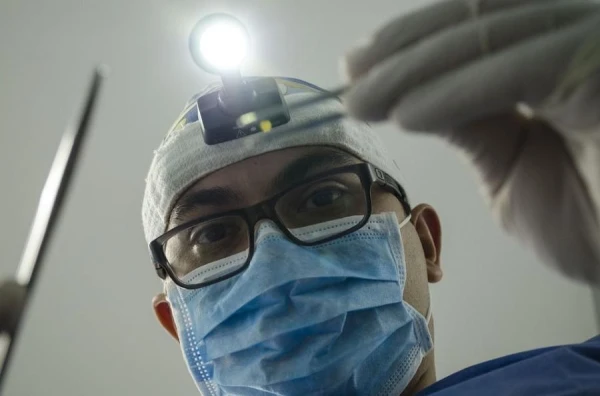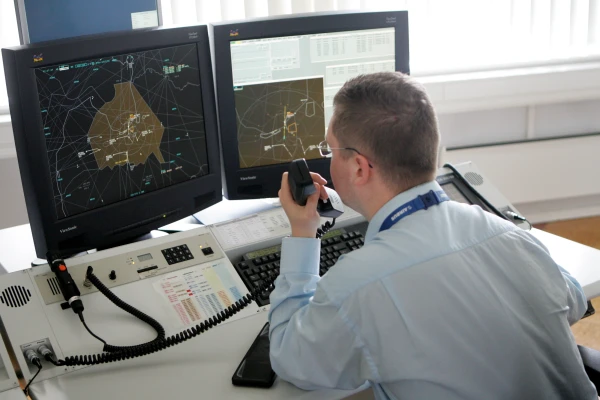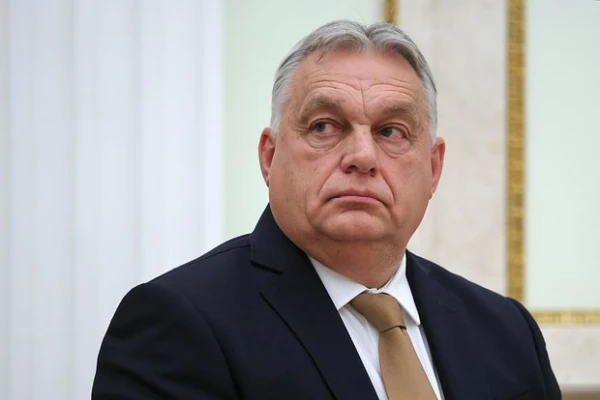
The Ministry of Health demanded that its capital societies — state hospitals — explain the salary levels of specialists while adhering to the legally permissible number of working hours.
The reason for this was the publication on the portal puaro.lv of a list of the 300 highest salaries in Latvian medicine. It includes dentists, surgeons, cardiologists, radiologists, and anesthesiologists. According to the portal, one of the doctors earns up to 40,000 euros per month. Most medical professionals combine work in several institutions and receive large incomes in the private sector, but there are also those who earn around 200,000 euros a year (i.e., 16,000 euros per month) in state hospitals, reports LSM.lv.
The published list indicates incomes before tax deductions. The same specialties often recur in it: dentists, radiologists, cardiologists, traumatologists, surgeons. The State Revenue Service explained that this data was prepared for a partner organization, not for the portal, but the information is reliable and based on employer data. The incomes are distributed by sources — state, municipal, and private institutions. Even in state hospitals and universities, some doctors earn up to 20,000 euros per month.
"We will ask the heads of these capital societies to explain how the remuneration system in hospitals is organized and how management controls whether salaries correspond to the services provided," said the State Secretary of the Ministry of Health, Agnes Valuliēne.
In the two largest state hospitals, it is explained that identifying specific doctors is not easy: they work in several institutions, teach at universities, and engage in scientific activities — all of this collectively forms their high income. "Providing a detailed comment is hardly possible. It is obvious that a doctor's salary, including that of a radiologist, consists of many components — part comes from state-paid services, part from research, and part from various European projects," explained board member of the Pauls Stradiņš Clinical University Hospital, Dace Žentīna.
Acting Chairman of the Board of the Riga Eastern Clinical University Hospital (RAKUS), Haralds Plaudis, added: "This is supplemented by overtime, research, resident training, international projects — all of this forms the total amount. The average salary of doctors in August was 4,500 euros, which already shows: tens of thousands of euros is not our everyday reality."
Acting President of the Latvian Medical Association, Maris Plāviņš, noted that it is worth being glad that doctors can earn well: "These amounts are indicated as gross, and all taxes have been paid on them," he emphasized.
The fact that radiologists lead the list, Plāviņš explained by the possibility of working remotely, analyzing and describing medical images: "They can work from home without time restrictions, collaborating simultaneously with state, private, and regional institutions. This is how they earn large sums."
By law, a doctor can work in several places if it is compatible in terms of time: "40 hours a week with one employer plus a maximum of 32 overtime hours a month. When I switch from the Eastern Hospital to Stradiņš or vice versa — the hour counter starts over, and I can work 40 + 32 hours again," Plaudis explained.
Žentīna believes that a unified system for tracking working hours in medicine needs to be introduced so that the actual workload of doctors, nurses, and their assistants can be monitored. This will also show how critically understaffed the personnel is.
The ministry agreed that the excessive workload of doctors is a patient safety issue. After a State Audit Office review, funding was allocated, and the Health Inspectorate was tasked with creating a registry of medical workers to finally clarify who works where. "This is not only a matter of remuneration but also a matter of patient safety and service quality," emphasized the ministry representative.
Meanwhile, in RAKUS, salaries for medical staff — including nurses and assistants — have not increased at all over the past two years. To increase them by at least 6% (as on average in the economy), the hospital would need an additional 6.7 million euros per year, which simply does not exist. This is one of the reasons why employees are forced to seek part-time work elsewhere.












